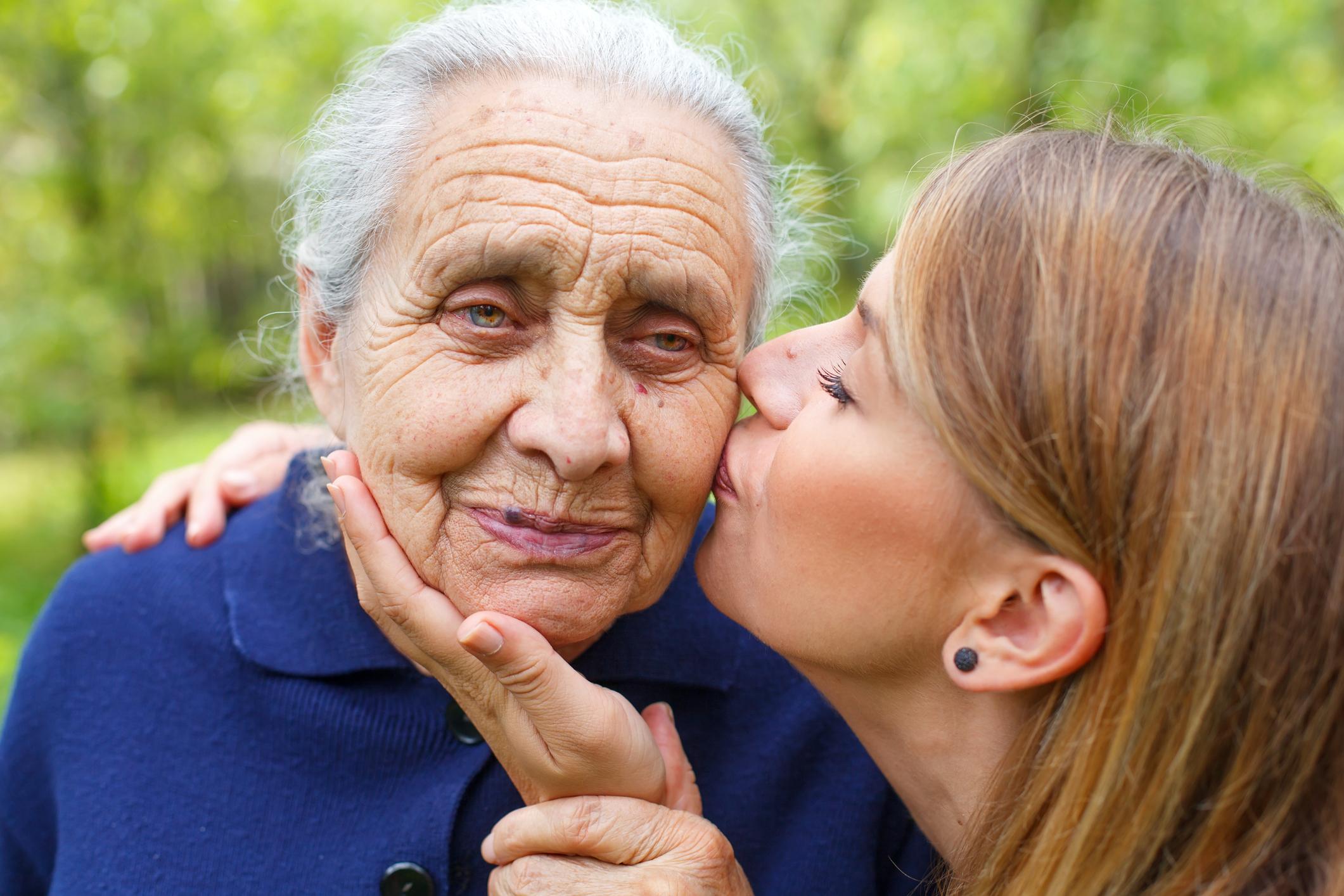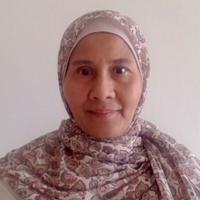A Global Conversation with Care Partners — Commemorating the United Nations International Day of Care and Support
In this perspective, Helen Medsger, Fernando Aguzzoli Peres, and Sharifah Tahir discuss a recent event that considered the profound impact of dementia care work while showcasing inspiring global initiatives.

In a virtual event on October 28, nearly 100 individuals from diverse backgrounds, including many from the deaf community, came together from all over the world to honor the United Nations International Day of Care and Support. The event celebrated partners and domestic workers, shedding light on the impact of paid and unpaid care work, as well as domestic responsibilities, particularly on women and girls.
The event, titled, "A Conversation with Care Partners - Leadership in Dementia Care and Support," was organized by care partners and moderated by Dr. Beth Nolan, Director of Research and Policy at Teepa Snow Positive Approach to Care© (PAC). Driven by the UN General Assembly Resolution A/RES/77/317, which designates October 29 as the International Day of Care and Support, the virtual gathering highlighted the experiences and advocacy work of dementia family care partners worldwide.
Agents of Change
While there were similarities in the care partnering experiences, "there were many different perspectives, although the commonality across the different regions was amazing". Each care partner had their unique context that brought to life the issues of personhood, stigma, the impacts of gender roles at both personal and societal levels, the loss of career opportunities, unpaid care and rights, making it all very real. An attendee shared, "people are so authentic." Noticeably, it is the present and past care partnering experiences that motivated them to establish platforms and projects making impactful contributions to the dementia response.
From Daniel Lim's impactful work in Singapore through Enable Asia to advocates establishing dementia associations in Africa and Arab countries, the stories were both inspiring and varied. In Yemen, Amal Saif navigates limited resources and armed conflicts to provide dementia awareness and care support. Elizabeth Mutunga fights stigma in Kenya, dispelling myths about affected individuals. Najla Turk in Australia addresses cultural diversity, while Helen Medsger advocates globally based on her 35 years of care partnering in the US. Samiana Langi's initiative in Tonga and Sharifah Tahir's efforts in Malaysia showcase the global reach of dementia awareness and support.
The "Walking the Talk for Dementia" project, led by Fernando Aguzzoli-Peres, Atlantic Fellow for Equity in Brain Health, brought together stakeholders from 25 countries for a four-day walk on the Camino de Santiago in Spain, followed by a two-day symposium. Neuroscientist Dr. Maria Teresa Ferretti, a participant in the walk, emphasized the impact on the dementia discourse, particularly highlighting gender inequality and unpaid care work affecting women who constitute two-thirds of care partners.
Looking Ahead
The gathering concluded with a call to action, urging the establishment of meaningful partnerships in leadership, harmonization of policies considering dementia's intersectionality, and a commitment to cease unpaid care, ensuring genuine involvement of care partners and self-advocates. The organizing team affirmed our commitment to working collaboratively to explore opportunities for advancing the agenda, fostering awareness, and instigating positive change on a global scale.




